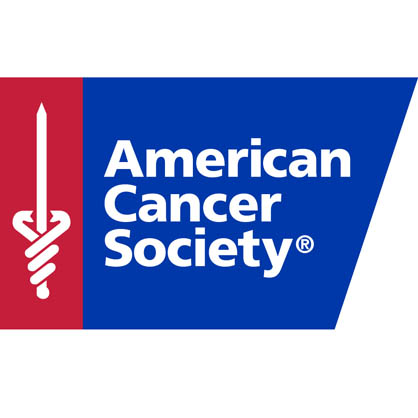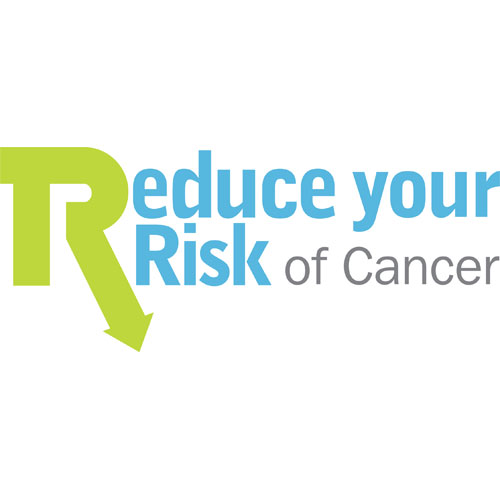
Take Steps to Reduce Your Cancer Risk
-
Fox Chase Cancer Center encourages all individuals to start taking steps to reduce their risk for cancer. According to the American Cancer Society (ACS), more than one million Americans are diagnosed with cancer every year. Fortunately, people can help prevent cancer by making healthy lifestyle choices and getting regular recommended cancer screenings. Consider these tips:
Get regular check-ups and cancer screening tests.
Regular check-ups and cancer screenings can increase one’s chances of discovering cancer at its earliest stages, when no symptoms exist and when cancer may be treated more effectively. Screening tests are available for various types of cancers — including breast, colorectal, prostate, and cervical cancers.
Achieve and maintain a healthy weight throughout your life.
Be active. The ACS recommends adults should aim for no less than 150 minutes of moderate intensity or 75 minutes of vigorous intensity activity each week. Any combination works, as long the time duration is met within a seven-day span.Eat healthy, and make plant foods part of your diet. The ACS notes that individuals should eat at least two and a half cups of fruits and vegetables every day, opt for whole grains over refined grains, and limit their intake of processed and red meat. For those who drink alcohol, women should limit themselves to one drink per day and men to two drinks per day.
Avoid smoking and stay away from tobacco.
According to the ACS, tobacco use accounts for at least 30% of all cancer deaths, causing 87% of lung cancer deaths in men and 70% of lung cancer deaths in women. In addition to lung cancer, tobacco use increases the risk for cancers of the mouth, lips, nose and sinuses, larynx (voice box), pharynx (throat), esophagus (swallowing tube), stomach, pancreas, kidney, bladder, uterus, cervix, colon/rectum, ovary (certain types) and certain types of leukemia.According to the ACS, secondhand smoke is responsible for about 42,000 deaths from heart disease in Americans who are current non-smokers.
Protect yourself from the sun.
Exposure to the sun’s ultraviolet rays may increase one’s risk for skin cancer. Even in winter, the sun’s UV rays can damage your skin. Research shows long hours in the sun without eye protection can increase one’s chances of developing certain eye diseases.The ACS recommends sunscreens with broad-spectrum protection against both UVA and UVB rays, and with sun protection factor (SPF) values of 30 or higher. The ACS also warns against sun lamps and tanning beds. Tanning bed use has been linked with an increased risk of melanoma — the most serious and life-threatening type of skin cancer.
Learn more about cancer screening and prevention services offered by Fox Chase.
